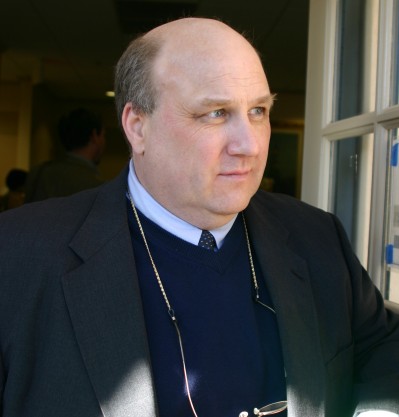3GCSC Keynote Preview: John Ashley Null

Listen to our conversation with Ashley from May 2021.
Speaker: John Ashley Null

Listen to our conversation with Ashley from May 2021.
Speaker: John Ashley Null

 Losing Like Jesus
Losing Like Jesus 